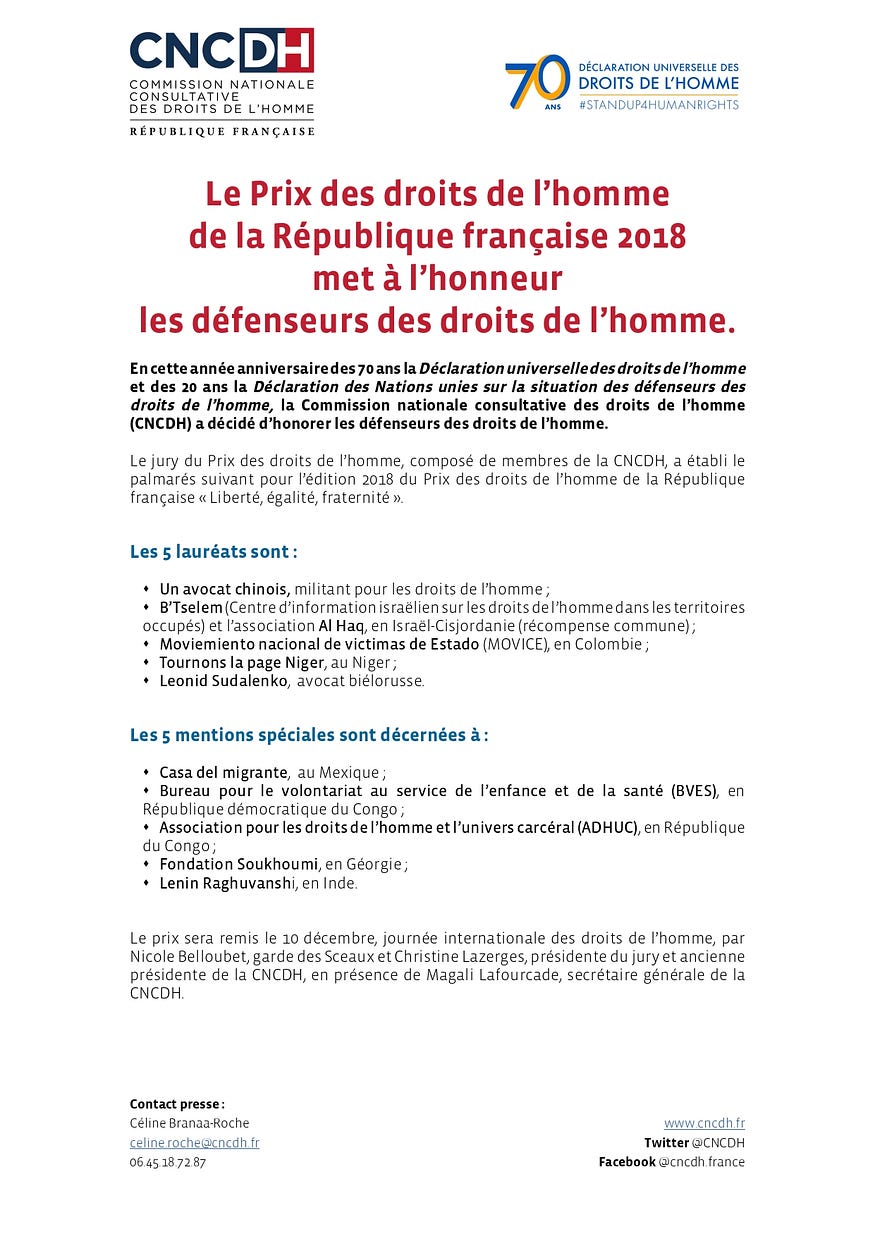In the heart of Varanasi, nestled in the village of ShivRampur, lives a young woman whose journey is a powerful testament to determination and community support. Kumari Madhu, now 27 years old, was born to Shobhanath and Meena Devi. Her story unfolds as a remarkable narrative of overcoming obstacles and embracing opportunities, embodying the transformative power of education and collective effort.
Early Education and Community Involvement
Madhu's educational journey began at the local government school in ShivRampur, where she completed her primary education up to class 8. During these formative years, she actively engaged with Dr. B.R. Ambedkar Children's Council, participating in activities inspired by the Jan Mitra Nyas and PVCHR organizations. This early involvement laid the foundation for her future endeavors, instilling in her a sense of purpose and community spirit.
Overcoming Financial Challenges
Madhu continued her studies at Amar Shaheed Inter College, Ayar, a semi-government institution. However, her educational aspirations were threatened by financial constraints, as her father could not afford to support her further studies. It was at this critical juncture that Jan Mitra Nyas, with the assistance of Ms. Parul Sharma and 200 Swedish donors, stepped in to provide the necessary financial support. This invaluable aid enabled Madhu to enroll at Shanti Shiksha Niketan, Ayar, where she pursued her passion for biology.
Academic Excellence and Aspiration
In 2016, Madhu achieved a significant milestone by passing her Intermediate examinations with an impressive 85% mark. She aspired to pursue General Nursing and Midwifery (GNM), but the high fees posed a substantial hurdle. Despite the financial difficulties, her father's unwavering support and encouragement from Dr. Lenin, the Director of Jan Mitra Nyas, and Trustee Mrs. Shruti Nagvanshi, fueled her determination. Madhu persevered and completed her GNM studies at Lakshmi Institute, Kazisarai, Varanasi, in 2019, emerging as the top student in her class.
Gaining International Experience
Madhu's career preparation was further enriched by an internship opportunity through the NOREC-INSEC-PVCHR Youth Exchange initiative. This program allowed her to gain invaluable experience in Nepal and Norway over 11 months. Upon returning, she continued to diligently prepare for her career while remaining actively involved with the organization's programs, which provided continuous inspiration and support.
Becoming a Community Health Officer
In 2022 and 2023, Madhu appeared for the Community Health Officer (CHO) examinations and passed. She was selected for a six-month training program, which included four months at Pt. Deendayal Upadhyay Hospital in Varanasi and two months at CHC, Bisouli Block, Badaun. Following this, she passed the final examination in Lucknow and secured a position as a Community Health Officer in Badaun, where she is currently employed. Madhu and her family express their profound gratitude to Jan Mitra Nyas for enabling a Dalit family's daughter to achieve her dreams and advance in life.
The Vision of Founders Lenin Raghuvanshi and Shruti Nagvanshi
Our founders, Lenin Raghuvanshi and Shruti Nagvanshi, have a single child, Mr. Kabeer Karunik. True to their values, they sent Kabeer to a neighboring school, similar to Lenin’s own educational journey, which began at a primary school and continued at Queens College in Varanasi. Kabeer did not attend elite schools or colleges, nor did he study abroad. However, their organization has facilitated numerous youth exchange programs, allowing many young individuals to gain international exposure. Notably, the founders have not employed any relatives as staff members, demonstrating their commitment to impartiality and community upliftment.
A Call to Action
Kumari Madhu’s story is not just about personal success; it is about the power of community and the impact of dedicated organizations like Jan Mitra Nyas. We invite you to reflect on this inspiring journey and consider how collective efforts can uplift individuals and transform lives.
#Empowerment #DalitPride #CommunityHealth




%20(1)_page-0001.jpg)




















